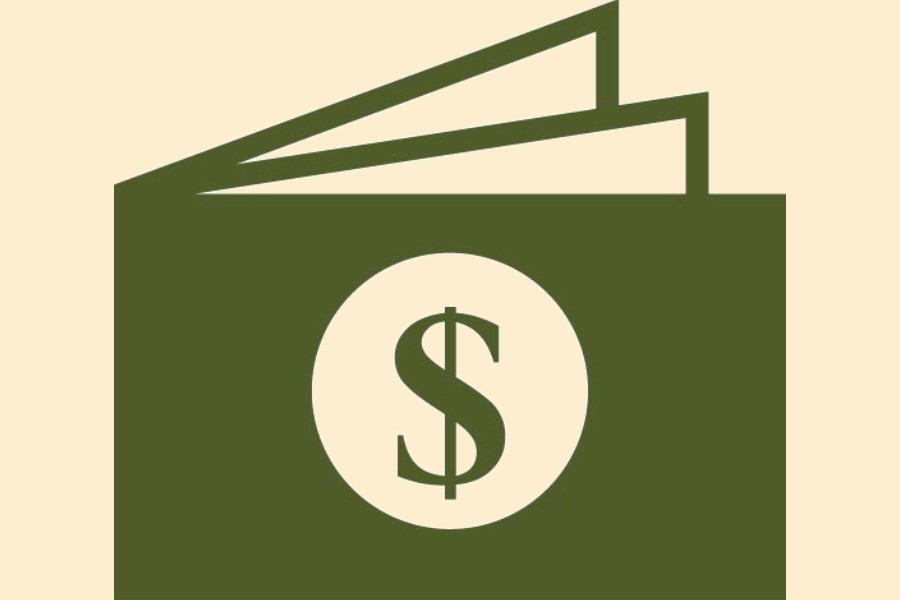Swelling import expenses, coupled with routine payment to the Asian Clearing Union (ACU), have put the country's foreign-exchange (forex) reserves under pressure again, officials said.
The reserve fell below US$44.50 billion on Wednesday after making a routine payment to the ACU against the imports of the November-December period of last calendar year (2021).
After the payment, the country's forex reserve came down to $44.33 billion on the day from $46.29 billion of the previous working day, according to the central bank's latest statistics.
On November 04 last year, Bangladesh's forex reserve came down to $44.87 billion from $46.47 billion of the previous working day on the same ground.
The forex reserve has been maintaining a falling trend in the last couple of months following higher import payment obligations along with lower flow of inward remittances, they explained.
Bangladesh's actual import in terms of settlement of letters of credit (LCs) jumped by 53.74 per cent to $30.32 billion during the July-November period of the current fiscal year (FY), 2021-22, from $19.72 billion in the same period of the previous fiscal year.
However, opening of LCs, generally known as import orders, rose by more than 53 per cent to $35.43 billion during the period under review, from $23.12 billion in the same period of FY 21.
Higher prices of essential commodities, including petroleum products, in the global market have pushed up the country's import payments during the period, the officials explained.
Besides, imports from the ACU member countries, particularly from India, increased by nearly 19 per cent to $1.93 billion in the last two months of 2021 from the previous $1.63 billion.
Bangladesh is importing different consumer items, cotton, raw materials and capital machinery from the ACU member countries, mainly from India, they added.
"Intermediate goods are also imported from the ACU member countries," a BB senior official told the FE while replying to a query.
Under the existing provisions, outstanding import bills and interests thereof are to be paid at the end of every two months among the member countries.
The ACU is an arrangement involving Bangladesh, Bhutan, India, Iran, Myanmar, Nepal, Pakistan, Sri Lanka and the Maldives, through which intra-regional transactions among the participating central banks are settled on a multilateral basis.
On the other hand, the flow of inward remittance dropped by more than 20 per cent to $10.24 billion during the July-December period of FY 22 from $12.94 billion in the same period of FY 21.
The BB officials also said the forex reserve is now slightly facing a pressure - mainly due to higher import payment obligations, particularly for petroleum products, intermediate goods and industrial raw materials.
The central bank has so far sold nearly $2.50 billion from the reserve directly to the commercial banks as liquidity support for settling their import payment obligations in FY 22.
"It's a temporary phenomenon," said another BB senior official, adding that the pressure on forex market has started easing to some extent from December.
The central banker hoped that the forex reserve situation would improve in the first quarter (Q1) of 2022.
Bangladesh's forex reserve rose to $48.04 billion on August 24 last year, setting a new record, from $46.58 billion of the previous working day - after receiving $1.45 billion from the International Monetary Fund (IMF) as general allocation of Special Drawing Right (SDR).


